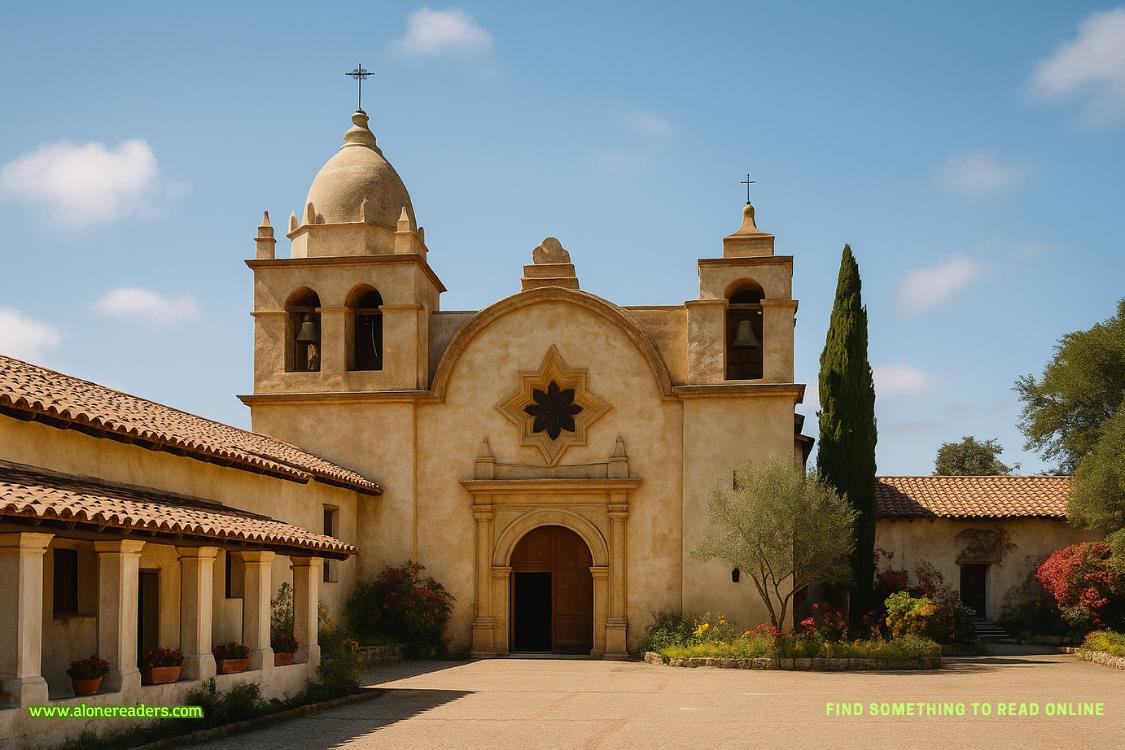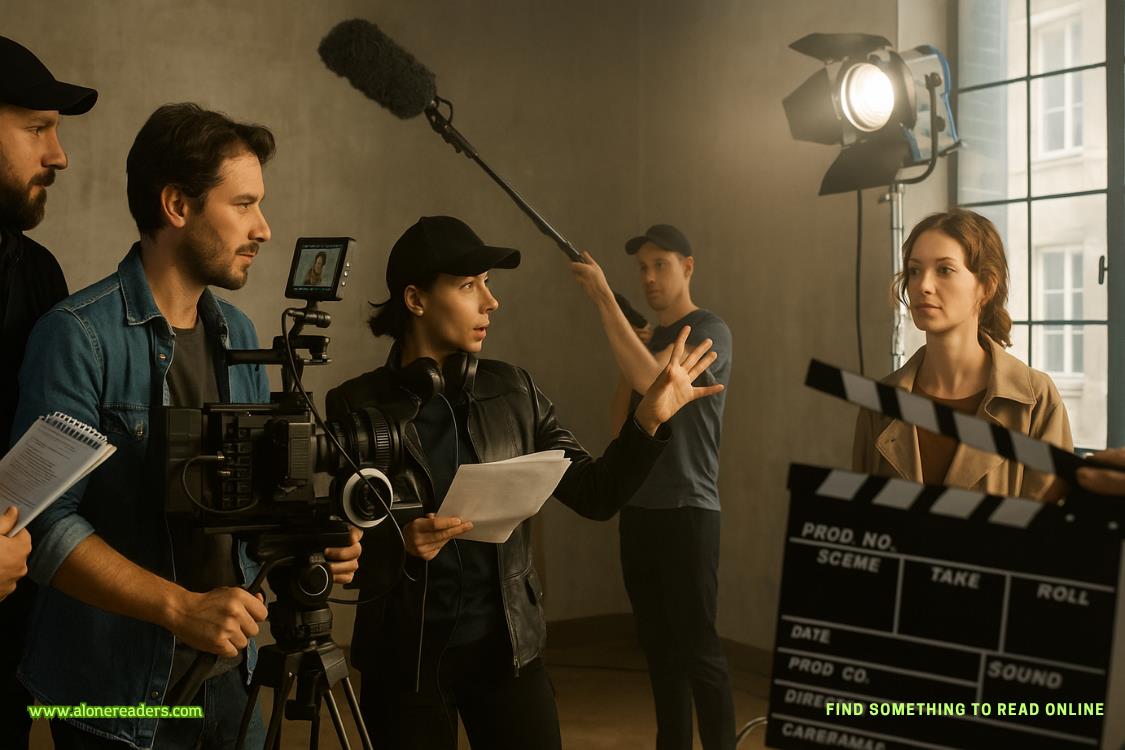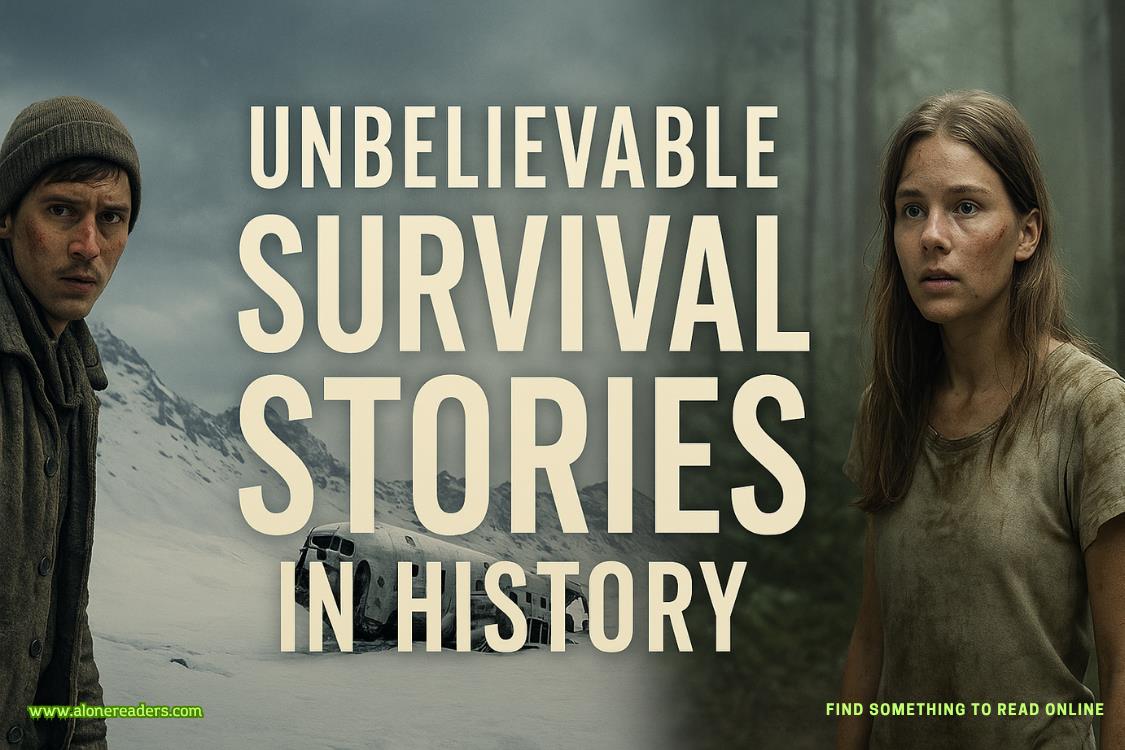Page 83 of The Jasad Heir
My nails dug crescent moons into my palms. “Is magic a worse weapon than a well?”
“The well isn’t promoted afterward.”
The cuffs throbbed with my spiking magic. “Where was this compassion when your father pillaged our villages? When Nizahl soldiers destroyed centuries of custom and culture? When Lukub, Omal, and Orban helped strip our lands to bare parts? When Jasadis were raped, ripped apart, or sold?” Hot fury filled the carriage, blazing in the scant space between us. “Do not insult me by pretending invading Jasad was some mercy.”
“Our.” Arin cocked his head. “You saidourlands.Ourvillages. Not ‘the Jasadis’.’”
I glowered, searching for his trick. I always saidour. What else would I say?
The carriage’s momentum changed, sending me hurtling to the other end of the bench. Arin braced his elbow against the window, using his other arm to keep the parchment from scattering.
Jeru appeared in the window. “Apologies, my liege. We are on the palace grounds.”
Eager for distance, I opened the carriage door and leaned out, throwing an arm over the roof as we sped ahead. The wind whipped my braid into my chin.
As magnificent as the Awala responsible for its birth, the Ivory Palace shone brightly against the night sky. Pillars rose in cerise spirals between towering ivory walls. Behind the gate, a ruby obelisk pierced the sky. White flowers grew in the seams of the walls, their petals sharper than the wings of our carriage. I followed the path of the precious jewels welded into the looming white gates that formed an enormous Ruby Hound snarling down at our approaching carriage. The Hound glistened a dark, sinister red under the waxing moon. Unlike Arin, I cared little for the sophistication of symmetry or the hidden meanings behind design. The Ivory Palace cast aside subtlety in favor of a message no one could misread.
Something beautiful waited behind these walls, and it was as likely to caress you as it was to eat you alive.
I returned to my seat when we pulled to a stop at the gate’s head, letting the carriage door close. A pair of Lukubi guards approached Jeru and Wes. My heart thundered. I was going to enter Lukub as the Nizahl Champion. Sit among Heirs who had happily led their troops against Jasad, wetting their boots with Jasadi blood in exchange for Nizahl’s approval.
What freedom is worth this?I thought, wild.Can I cut into my own soul and sell away the Jasadi pieces?
The carriage door opened. “Your Highness,” the Lukubi guard said. “Sultana Vaida welcomes you and your Champion to the Ivory Palace.”
Arin answered. I wasn’t listening, focused on corralling my magic and my frantic breathing.
The gates parted with a groan.
“Loyalty rears its mutinous head,” Arin said softly. “Mervat Rayan.”
I looked into his wintry blue eyes, so like his father’s. The air held itself still around us. The Nizahl and Jasad Heir. I would leave this carriage to deliver the Supreme the most complete victory over me. Over Jasad.
One day, I would stand trial before the spirits of my dead. One day, the bodies I never buried would call upon me to answer for my sins.
One day, but not today.
CHAPTER TWENTY-ONE
Iwas ushered into my room without fanfare. Three women arrived to attend me. Or they tried. I told them—quite emphatically—I could bathe and undress myself.
Sefa groaned when I closed the door on the baffled attendants.
“Lukub does not value hospitality as highly as Omal,” I said, defensive. “The Sultana will not care.”
After months of the tunnels’ stark walls and dusty corridors, the chaotic rooms in the Ivory Palace shocked my nerves. Tapestries dyed in bright shades of red hung from the walls, their white tassels dangling over fox-fur rugs. Bundles of bukhoor mixed with resin hovered above the lanterns, saturating the air in a sweet, floral aroma. An ivory mask was propped in front of every candle. The light flickered behind its carved eyes.
“Lukubis may not care about hospitality, but they place great value on service,” Sefa said. “Servicing the body and the spirit. Finding harmony between the two.” She stepped over Marek, who had fallen asleep with a chunk of mushabak on his chest. The honey-soaked coil of fried dough shifted with the rise of his chest.
I squeezed the excess water from my drying hair. “Is it strange, visiting Lukub? You are a citizen here by blood.”
Sadness tinged Sefa’s smile. She removed the mushabak from Marek’s chest and tossed it in the wastebasket. “I am not a citizen. Nizahlan law does not permit marriage outside its territories unless one of them renounces their kingdom of origin. My father gave up his right to Lukub’s protections when he married my mother.”
I drew the absurdly plush pillow against my chest. Sefa grew up caught between Nizahl and Lukub, but I had rarely given Omal a second thought. Though my father’s Omalian blood ran in my veins, my grandparents had done their best to purge my interest in him. As though my worth as a Jasadi would decrease if I entertained any notion of my Omalian heritage.
“Let us not get distracted,” Sefa said, stern. She flopped onto the enormous bed, running her dark fingers through the sheepskin covers. “Baira’s kingdom is a land of illusion. They build lavish libraries and fill them with empty books, commission glorious paintings on the walls of deteriorating villages. My father told me a story about the feasts they host to celebrate the anniversary of the entombment. A tradition in the lower villages requires every family to leave an offering at Hirun’s banks on the eve of the anniversary. These days, it’s usually trinkets and what food they can spare. But in centuries past, the Sultanas encouraged the lower villages to throw the strongest child of every family into Hirun. If the child drowned, the family would say the river had blessed them by taking the child’s strength for its own. If the child survived, the family would be barred from having more children.”
“Let me guess,” I said. “The lower villages were starving. The children most likely to survive the brutal winters were tossed into Hirun, leaving the weak ones to wither away.”
- Sold to the Silver Foxes by Laylah Snow
- My Brother's Best Friends by Natasha L. Black
- The Rancher's Addiction by Lila Fox
- The Biker's Hidden Obsession by Khloe Summers
- Mile High Coach by Mia Mara
- Off-Limits as Puck by Kate Olivia
- Love Off Course by K. Webster
- Desert Sky by Jax Hart
- Their Darkest Needs by Amaya Jax
- Love & Vendettas by Cassie Verano
- Iron Bride by Molly Briar
- The Omega's Bloodline: Part One by Sierra Cassidy
- Forever In Willow Creek by Jade West
- Where the Blacktop Ends by Sofia Jade
- The Crown of Nyx by Audrey Moore
- Deep Feelings & Shallow Graves by Gwendoline Rose







